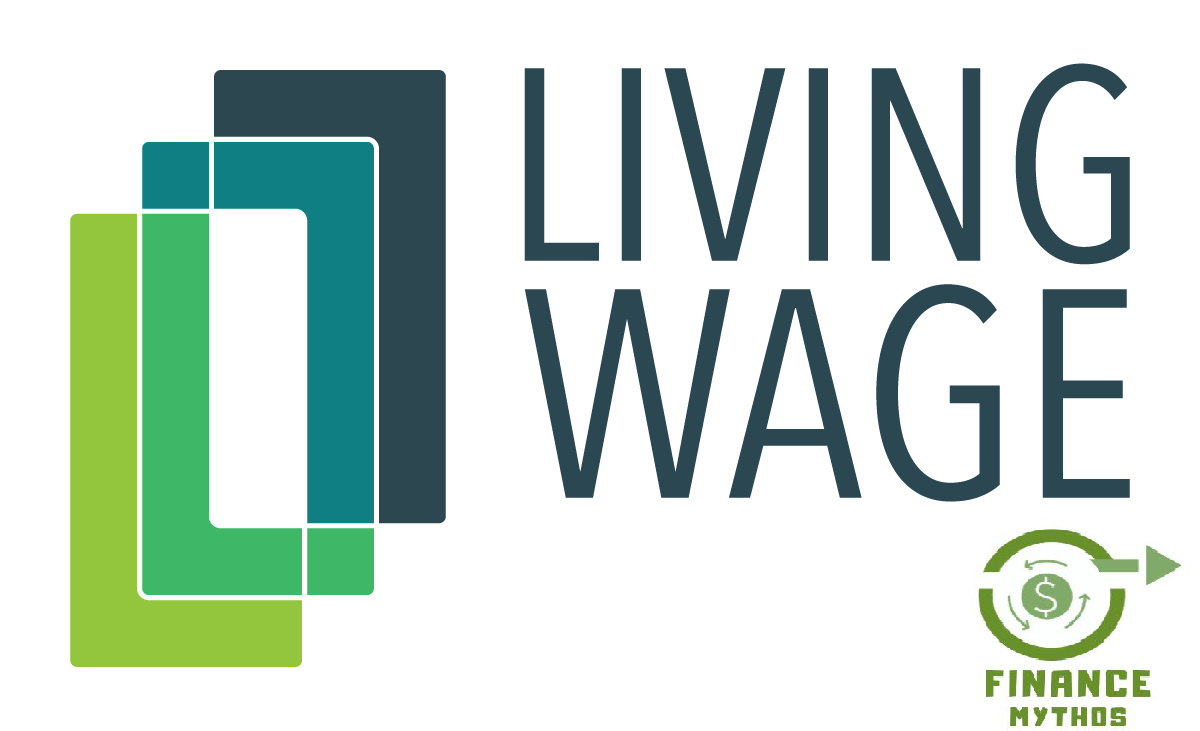In a world where the cost of living keeps climbing, earning a living wage — enough income to meet basic needs — is more important than ever. While minimum wage laws exist, they often fall short of covering essential expenses like rent, food, healthcare, and education. So, why is advocating for a living wage critical? Let’s explore how fair wages not only improve individual lives but also support thriving local economies, creating positive ripple effects in communities.
Table of Contents
ToggleWhat is a Living Wage?
A living wage is the amount of income needed for an individual or family to afford basic necessities without constant financial strain. It’s not just about survival but about living with dignity and stability. Unlike the minimum wage — which is often insufficient in many areas — a living wage is tailored to a region’s specific cost of living, which can vary significantly.
Breaking the Cycle of Poverty
Earning a living wage can break the cycle of poverty for millions. When workers earn enough to cover their needs, they no longer have to juggle multiple jobs or rely on government aid to make ends meet. Consider someone working a minimum-wage job today. They may still need food stamps, housing subsidies, or other assistance to survive. But with a living wage, they gain financial independence and, more importantly, the opportunity to save, invest, and improve their quality of life.
Living wages also prevent “in-work poverty,” where employed individuals still fall below the poverty line. This reality affects workers globally, from retail employees to farmworkers. By ensuring fair wages, we empower individuals to rise above poverty and secure better futures for themselves and their families.
Boosting Local Economies: The Multiplier Effect
When workers have more disposable income, they spend more within their communities. This phenomenon, known as the “multiplier effect,” means that each dollar spent by a worker on local goods and services contributes to the community’s economic growth. More spending leads to greater demand, which drives business growth and creates jobs. Essentially, by paying employees fairly, businesses contribute to a cycle of prosperity.
Cities that have raised wages have often seen economic growth as a result. For example, studies from cities like Seattle and San Francisco, which have implemented higher local minimum wages, show that local businesses tend to thrive as employees spend more in their communities. Increased wages can lead to greater job stability, improved local services, and ultimately a better standard of living for everyone.
Improving Social Equity and Reducing Income Inequality
A living wage helps close the income gap and contributes to social equity. Income inequality is a persistent issue that leads to various social and economic problems, from reduced educational opportunities to healthcare disparities. By advocating for living wages, we foster a more inclusive society where everyone has the opportunity to prosper.
When employees earn wages that reflect their value and contributions, they’re more likely to feel respected and motivated. This sense of dignity and fairness reduces social tensions, promoting a more cooperative and inclusive environment within communities.
Real-World Examples: Cities and Companies Leading the Way
There are examples worldwide of both governments and businesses that prioritize living wages. New Zealand’s living wage movement has gained momentum, with several cities and companies committing to pay wages that meet workers’ real needs. Companies like Ben & Jerry’s have committed to a living wage policy to support the well-being of their employees, setting a standard within their industries.
A Step Toward a Better Future
Advocating for living wages is not just an economic issue; it’s a human issue. It empowers individuals to live without financial anxiety, benefits local economies, and builds more equitable societies. For young people who are increasingly aware of social issues and economic disparities, supporting living wage policies is a meaningful way to make a difference. Together, we can create a future where everyone has the opportunity to live with dignity and hope.
Read more
Challenges, Solutions, and Strategies for Small Businesses trying to implement living wages – Click here
The Business Case for Living Wages: Building Stronger, Resilient Companies – Click here

Jugaad on Two Wheels: The Hilarious Bike Parcel Hack in Karnataka
The Great Karnataka Bike Parcel Hack: A Jugaad Masterclass #RapidoParcel: In a creative yet controversial move, ride-hailing platform Rapido has found a way around Karnataka’s

Denmark’s Digital Sovereignty Revolution: Linux and LibreOffice Lead the Way
Introduction to Denmark’s Bold Move In June 2025, Denmark’s Ministry of Digital Affairs made headlines by embracing digital sovereignty, ditching Microsoft Windows and Office 365

🏏Sports as a Business Strategy: Insights from Vijay Mallya’s RCB Ownership
🧠 Sports as a Business Strategy (Tool) In modern business, few platforms offer better engagement and emotional connection than sports. From football clubs in Europe

🙏 Apologies in Leadership: Vijay Mallya Public Apology
🧠 Introduction: The Role of Apologies in Leadership In the corporate world, apologies aren’t signs of weakness—they’re strategic acts of leadership. When made with sincerity

Audiobook Production Costs: Navigating Recording Artists, Studio Expenses, and AI’s Impact
The audiobook industry is booming, with over 130 million listeners in the U.S. alone in 2021 and a growing global appetite for audio content. Producing

Media Trial of Vijay Mallya: How Public Perception Shaped Vijay Mallya’s Legacy
Introduction: Media’s Influence on Business Narratives In today’s hyper-connected world, media narratives can make or break a business reputation. For Vijay Mallya, once known as


2 thoughts on “Why Living Wages Matter: Breaking the Cycle of Poverty and Boosting Local Economies”